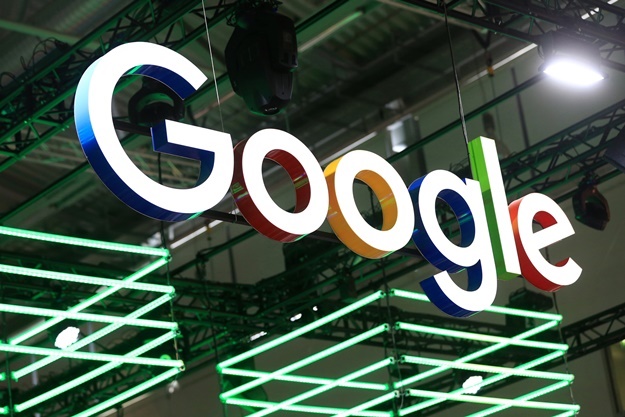
In several jurisdictions, big tech companies are facing the demand to pay for news. And in France, Google was fined 500 million euros for failing to negotiate a deal with publishers in good faith, writes Ahmore Burger Smidt.
From a South African perspective, it is worth noting the submission by the Publisher Support Services (PSS) to the Online Intermediation Platforms Market Inquiry conducted by the Competition Commission.
The inquiry, launched in 2021, was the commission's first into the digital economy, in a bid to address online intermediation platform markets and the ways in which these might hinder competition.
The PSS - an association made up of the South Africa's largest media houses - including Arena Holdings, Media24, Caxton, Independent Newspapers and Mail & Guardian - argued specifically:
- for the protection of funding of journalism in South Africa; and
- that platforms such as Google and Meta should compensate publishers fairly for journalistic efforts.
But are these arguments new or have we heard them before?
In 2020 the Australian government requested the competition regulator to develop a law that would force technology giants to pay for the news that appears on their feeds. The competition regulator in Australia is being credited for succeeding where others have failed in that they succeeded in forcing technology giants to pay for news.
Competition law problem
The motivation for embarking on this process is founded on the argument that there exists an imbalance between technology companies and media companies when one considers bargaining power and also that big technology companies hold market power that distorts competition. This brings about a competition law problem that in itself hinders ordinary commercial negotiations within a competitive market.
The Australian Competition and Consumer Commission concluded in 2021 that American technology companies were reaping hundreds of millions of advertising dollars that once went to news companies. Also, there exists a notable imbalance of power between the technology companies and journalism businesses. At the time, the following was said by the ACCC chair:
"All media companies need Facebook and Google.
"What they have done is intermediate themselves between journalists and people who want to view the content, for their own financial advantage, obviously".
It was further stated that "many market failures you don’t have to address. But this one is really important because it affects journalism, and therefore it affects society. Journalism is the classic public good, we all benefit from it".
Media code
The outcome of the ACCC investigation and intervention resulted in the News Media and Digital Platforms Mandatory Bargaining Code that was formally approved on 2 March 2021. This Media code wrote into law that technology platforms had to negotiate a price to pay news publishers for their content.
Failing such negotiations, a process is provided in terms of which these platforms will be forced to pay at a price to be set for them.
Subsequent to the Australian adoption of the Media Code, similar legislative interventions are being considered in a number of jurisdictions. Canada aims to introduce similar legislation and it is expected that the framework will closely resemble the Australian Media Code. Also in the UK, authorities are developing a code that will regulate the relationship between platforms like Google and Meta and third parties, including news publishers.
The European Union extended copyright protections for news publishers requiring technology platforms to pay for displaying anything beyond a basic URL. This law was in fact put to the test in France, where Google was fined 500 million euros for failing to negotiate a deal with publishers in good faith. This finding is currently being appealed.
Here in South Africa, the Competition Commission is expected to issue its findings on the Online Platforms Intermediation Market Inquiry by October 2022.
The question to ask is whether it would be insightful to see the final approach that will be adopted by the South African Commission in relation to big technology companies such as Google and Meta.
Or will it, like elsewhere, reflect a paint-by-numbers outcome to a problem that has now caught the eye of competition law regulators?
Ahmore Burger Smidt is Head of Data Privacy at Werksmans Attorneys. Views are her own.

